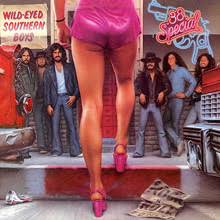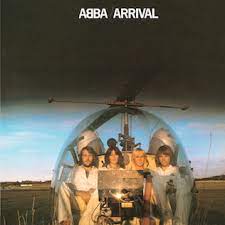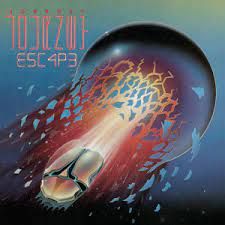Tutorial Prices
Very Important: If you don't have a PayPal account or don't want one, use the Donate Button on the Homepage.
Donate $3.25 USD/lesson .. or $10USD for 10 lessons, then ctc me with the tutorial (s) you'd like and I'll send links.
Paypal will process your credit card transaction without the need of having a PayPal account via Donate button.
Contact Me
----------------------
🎸 Rock Bands From The 70s – Vol 3 Guitar Lessons
Welcome to Volume 3 of our Rock Bands From The 70s guitar lesson series — a tribute to an unforgettable era of raw riffs, vocal powerhouses, and unforgettable melodies.

In this collection, you’ll find another batch of hand-picked songs that capture the heart of 70s rock, with a focus on playability for acoustic players.
Whether you're jamming solo or performing for friends, these lessons break it down with chord sheets, rhythm tips, and full-song video demos to help you bring each tune to life.
🎸 Overview Video -
“Watch This Preview of My
Rock Bands From The 70s Vol 3”
Soon
Rock Bands From the 70s Vol 3 List
1. Boston --- Amanda, Let Me Take You Home Tonight, More Than A Feeling2. Christie --- San Bernadino, Yellow River
1. Boston Songs - Learn To Play On Guitar
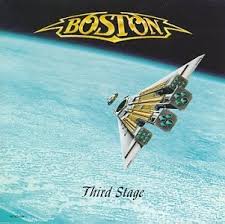
Amanda was released in 1986 on the long-awaited album Third Stage, and marked Boston’s triumphant return after an eight-year studio break.
The power ballad soared to #1 on the Billboard Hot 100, becoming the band’s only chart-topping single in the U.S. Despite no official music video, radio airplay alone catapulted the song to success.
Written by Tom Scholz, “Amanda” features soaring vocals and melodic guitar lines that perfectly capture the emotion of young love and regret, making it a soft rock staple of the 80s.
Chords And Strumming
Soon.
Guitar Lesson Details - (chords & lyrics sheet incl with lesson)
Chords & LyricsBack To Song List
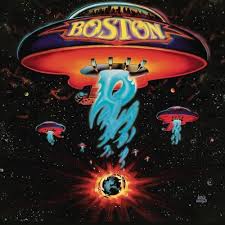
Let Me Take You Home Tonight appeared as the final track on Boston’s groundbreaking 1976 debut album Boston.
The track offers a more relaxed, heartfelt tone compared to the album’s high-energy anthems. Sung by drummer Sib Hashian with backing by Brad Delp, it adds a refreshing dynamic to the record.
Though never released as a single, it remains a fan favorite and showcases the band’s ability to blend tender lyrics with a solid rock groove. The song helps round out one of the best-selling debut albums in rock history.
Chords And Strumming
Soon.
Guitar Lesson Details - (chords & lyrics sheet incl with lesson)
Chords & LyricsBack To Song List
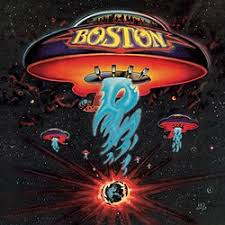
More Than A Feeling is arguably Boston’s most iconic song and was the lead single from their 1976 self-titled debut that became an instant classic.
The track climbed to #5 on the Billboard Hot 100 and helped drive the album’s massive commercial success.
Written and meticulously crafted by Tom Scholz in his basement studio, the song is known for its crisp guitar riff, layered harmonies, and lyrical nostalgia. It has been featured in countless films, TV shows, and video games, and is often cited as a defining song of 70s arena rock.
Chords And Strumming
Soon.
Guitar Lesson Details - (chords & lyrics sheet incl with lesson)
Chords & LyricsBack To Song List
2. Christie - Learn To Play On Guitar
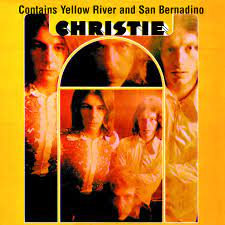
San Bernadino was a single from the debut album from Christie called Christie in 1970.
The song was a top 10 in several countries and hit #1 in Switzerland.
Chords And Strumming
The chords in this one are D, Gbm, Bm, G and A with a down down up down up down up rhythm pattern in standard tuning. There are a few chord riffs but no lead work in this one.
Guitar Lesson Details - (chords & lyrics sheet incl with lesson)
Chords & LyricsBack To Song List
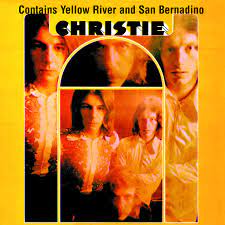
Yellow River was a huge song for the band Christie when it was released as a single in 1970 from their album Christie.
The song went on to be a #1 in several places in Europe including the UK, and reached #23 in the US.
Chords And Strumming
You have an option to play a little bass in the rhythm with this one playing a down up pause up rhythm pattern as you'll see as the song progresses. Playing the C chord you'll see a G bass being played so you can use that or leave it out.
The chords are C, Em, Am, Dm, G, and an F. So shuffle picking in this one.
Guitar Lesson Details - (chords & lyrics sheet incl with lesson)
Chords & LyricsBack To Song List
That wraps up Volume 3 of our 70s rock series, but there’s still more to come. Each song here offers a slice of the decade’s spirit — soulful lyrics, infectious grooves, and memorable hooks.
If you enjoyed these lessons, be sure to check out the other volumes in our 70s collection for more classic tracks you can learn and play today.
If you liked this rock bands from the 70s Vol 3 page you might also like ... (click images)
Acoustic Versions Of Rock Songs
